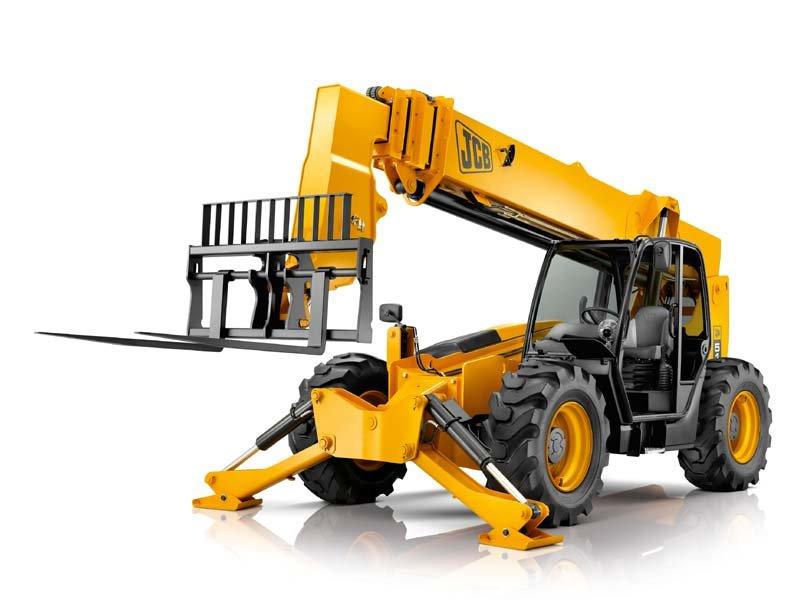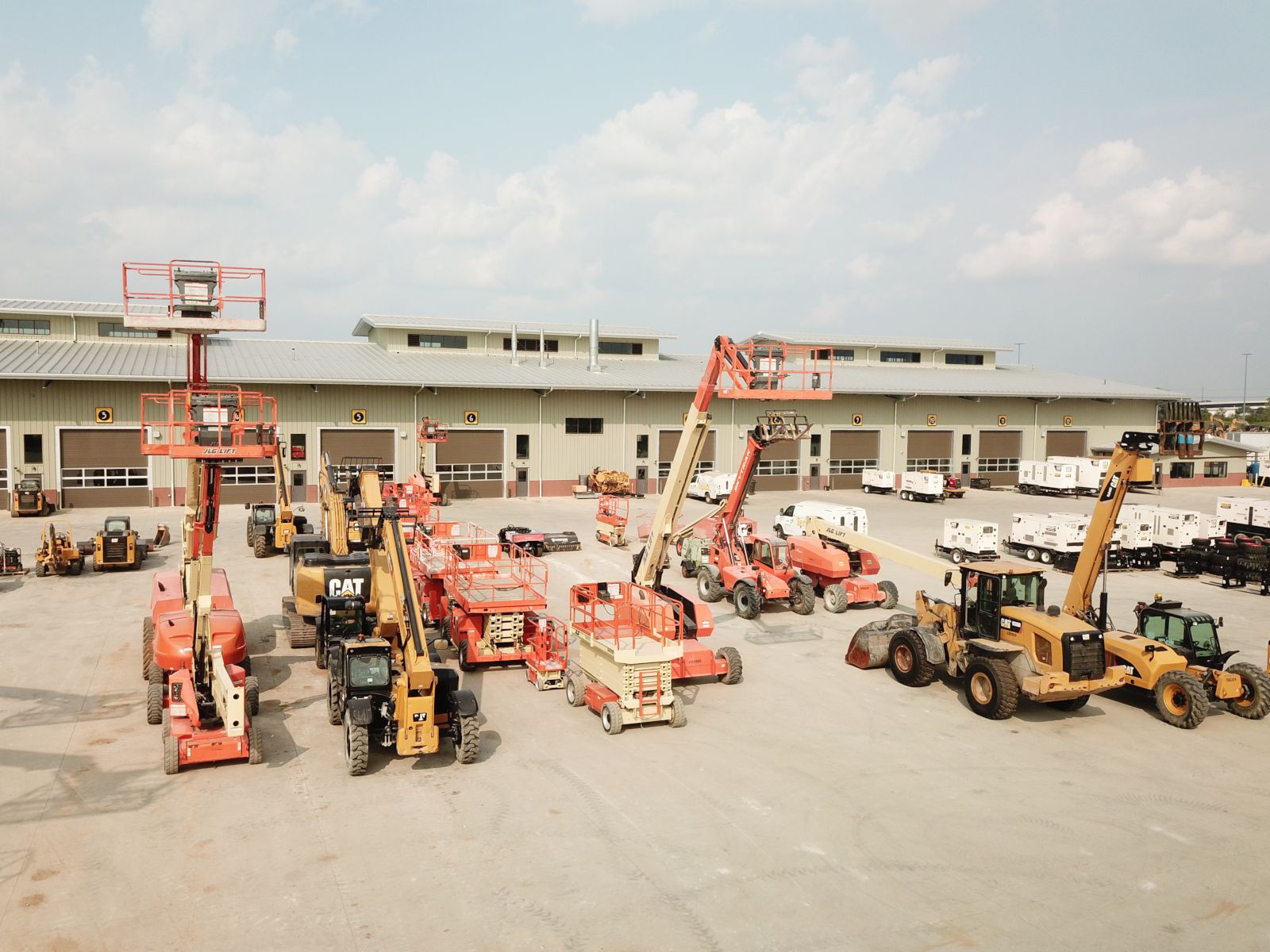Scissor Lift Rental: Safe and Reliable Raising Solutions
Scissor Lift Rental: Safe and Reliable Raising Solutions
Blog Article
Maximize Your Budget Plan by Understanding the Prices Related To Building Devices Services
Recognizing the full scope of prices related to building tools rentals is vital for optimizing your budget. While the preliminary rental charge may seem straightforward, many extra expenses-- such as transportation, fuel surcharges, and upkeep-- can rapidly gather, impacting your economic preparation. Moreover, recognizing numerous costs and the complexities of rental agreements can help stay clear of unforeseen financial worries. What techniques can be utilized to properly manage these expenses and ensure a much more effective rental experience?
Summary of Rental Prices
When thinking about construction tools leasings, understanding the associated prices is critical for reliable budgeting and project preparation. Rental costs can differ significantly based upon numerous elements, consisting of equipment type, period of rental, and place. The first rental fee typically mirrors the equipment's market need and its linked operational abilities, affecting the overall cost.
Along with the base rental rate, supplementary prices might occur, such as transport costs, fuel surcharges, and upkeep costs. It is vital to represent these added costs to accurately assess the overall cost of leasing tools. Furthermore, the rental period can influence pricing; longer leasings might get reduced prices, while temporary services may sustain higher day-to-day fees.

Failure of Rental Prices
A detailed understanding of rental rates is important for professionals and project supervisors aiming to optimize their budgets. Rental prices for building equipment generally include a number of elements, including base prices, time-based fees, and usage costs.
Base rates are the core costs linked with the leasing of the equipment, usually figured out by the type and dimension of the equipment. These rates can differ substantially, influenced by factors such as tools demand, schedule, and regional market trends. Time-based fees, which may be daily, weekly, or monthly, serve to accommodate various project timelines and rental durations.
In addition, rental prices might consist of use fees, which apply when tools is utilized past a specified limit, guaranteeing that the rental firm can account for damage. Seasonal demand variations can also impact rental rates, with peak building periods usually commanding higher rates.
Furthermore, recognizing the rental company's plans regarding maintenance and insurance policy can provide additional understanding right into the overall expense framework. By analyzing these elements, service providers can make informed decisions, making certain the selection of rental equipment aligns with both job needs and budget constraints.
Additional Fees to Think About
Comprehending the complexities of extra charges is vital for service providers to handle their total leasing costs successfully. Beyond the conventional rental rates, various supplemental fees can considerably affect the total cost of tools service. These charges typically include delivery and pick-up costs, which can differ based on distance and logistics entailed in delivering the devices to and from the task site.
In addition, some rental firms might impose fuel additional charges if the tools is returned with much less fuel than when rented. It is also important to understand possible cleansing fees, especially for customized tools that requires complete upkeep after usage.

Completely reviewing the rental arrangement and clarifying these added click to read more charges ahead of time can assist contractors prevent unexpected expenses and ensure that budget plans continue original site to be intact throughout the task lifecycle.
Repair And Maintenance Expenses
Routine repair and maintenance costs are often ignored variables that can substantially affect the overall expense of building and construction equipment leasings. When renting out tools, it is important to take into consideration not only the rental fees however additionally the potential costs connected with maintaining the equipment in optimal operating condition.
Numerous rental business consist of standard maintenance as part of the rental agreement; nevertheless, a lot more unanticipated failures or extensive repairs can result in extra costs. It's crucial to assess the rental agreement carefully to understand what maintenance services are covered and what responsibilities fall on the renter.
Furthermore, devices that is not well-kept can result in inadequacies at work website, potentially boosting and causing hold-ups job expenses. To reduce these risks, it is recommended to conduct regular inspections and keep open interaction with the rental copyright pertaining to any kind of problems that occur during use.
Insurance Coverage and Liability Costs
Insurance policy and obligation expenses are crucial parts that can dramatically affect the overall expense of building and construction devices rentals (boom lift rental). These prices make sure that both the rental company and the customer are safeguarded from possible economic losses arising from mishaps, damage, or burglary during the rental duration

In addition, clients must be aware of any type of deductibles or official statement exemptions in the insurance plan, as these can influence potential out-of-pocket costs. Recognizing the terms and conditions of any type of insurance policy protection is important to prevent unforeseen expenses. Ultimately, budgeting for insurance policy and obligation expenses can assist ensure a smoother rental experience and secure against financial risks connected with building projects.
Conclusion
In verdict, a detailed understanding of the expenses associated with building and construction tools leasings is important for effective spending plan administration. Ultimately, educated decision-making relating to equipment services adds to the overall success of building and construction ventures.
Rental costs can differ considerably based on several aspects, including tools type, duration of leasing, and location (construction equipment rentals). The rental period can affect pricing; longer services may certify for discounted rates, while temporary leasings could incur greater daily costs
By conducting comprehensive study and engaging with trustworthy rental business, service providers can successfully browse the complexities of rental prices, eventually optimizing their financial sources.
Past the conventional rental prices, various extra costs can considerably influence the total cost of devices service. Rental companies commonly provide obligation insurance policy that covers injuries to third parties or damage to residential or commercial property, while tools damages insurance can cover the expense of repair services or substitute if the rented devices is harmed.
Report this page